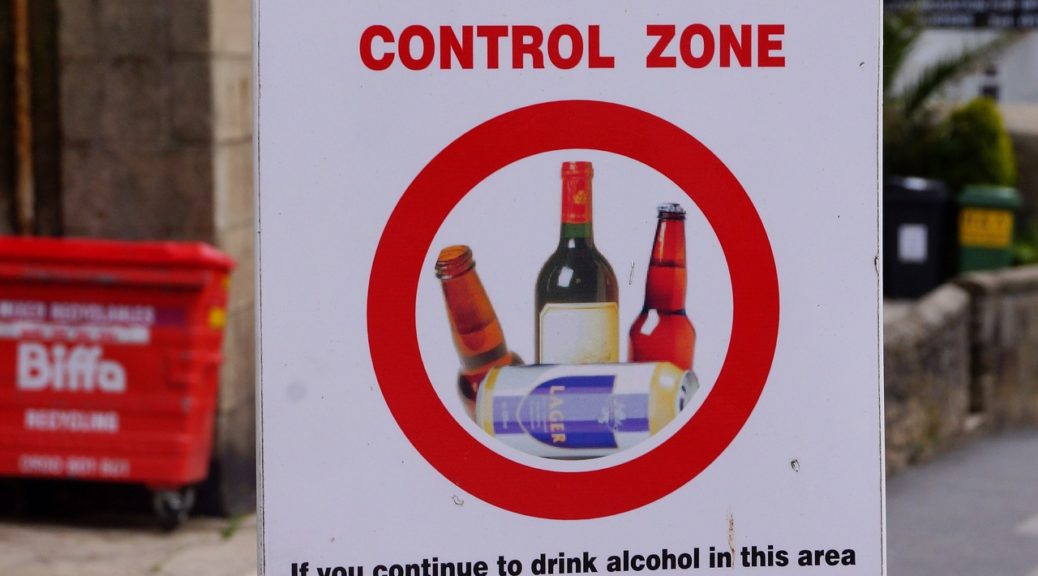We are all aware that we live in a surveillance society. CCTV cameras can record our movements around large towns and cities, and many homes now have them installed for protection.
Automatic Number Plate Recognition cameras take a snapshot of car number plates and can not only monitor average speed for road traffic enforcement purposes, but also track the movement of a vehicle over hundreds of miles in most instances.
 Finally, most people are aware that the location where a mobile telephone call was made can be pinpointed to within a few hundred metres.
Finally, most people are aware that the location where a mobile telephone call was made can be pinpointed to within a few hundred metres.
But who knew that an App, installed on all Apple phones, and similar Apps on Android devices, could hold the key to a murder case? One defendant in Germany, Hussein Khavari, found this out to his cost when he faced trial for the rape and murder of a 19-year-old student.
While investigators were able to piece together part of the defendant’s movements, his location at critical times was unknown. It was at this point investigators turned their attention to his phone which had been seized as evidence upon arrest.
Police examination of mobile phone data
The defendant had refused to provide the police with the PIN to unlock the phone. Despite this, specialists were able to hack into the phone and examine the mobile phone data.
 The data from the Health App was examined. It could be seen that at certain moments the data demonstrated a significant increase in physical activity. This mobile phone data correlated with important parts of the prosecution case within the timeline, namely dragging a body down a river embankment and then climbing back up.
The data from the Health App was examined. It could be seen that at certain moments the data demonstrated a significant increase in physical activity. This mobile phone data correlated with important parts of the prosecution case within the timeline, namely dragging a body down a river embankment and then climbing back up.
This evidence was used to dispute the defendant’s account of the killing which he stated was by accident, had happened at a different location, and was not premeditated.
The use of such seemingly private mobile phone data is proving controversial. This is particularly true where there is a friction between the right to privacy and the legitimate investigation of crimes.
Difficulties for investigators
Strong encryption technology is also reported to be making life very difficult for investigators. Home Secretaries has spoken many times of the need for new legislation.
This story also reminds us that encryption may only as good as the password behind it. A 4-digit code to protect a phone or other device can be cracked within minutes by a data specialist. A ten-digit random code would probably only be cracked after many years of trying, if at all.
In the UK police can, in some circumstances, request that a suspect hand over their PIN and passwords. Failure to do so can lead to prosecution for a criminal offence under section 53 Regulation of Investigatory Powers Act 200. This offence carries a prison sentence of up to 5 years.
Contact a criminal law specialist
The issue of privacy and its place in criminal justice is a new and evolving topic, as is the requirement to hand over PINs and passwords.
Before choosing to reveal your data secrets or making a decison to refuse it will be critical that you seek specialist independent advice as soon as possible,
You are likely to be asked to make this decision in police interview. Our advice will be free of charge to you in those circumstances so make sure you take advantage of it.
You can find your nearest office here.
Alternatively you can use the contact form below.






















